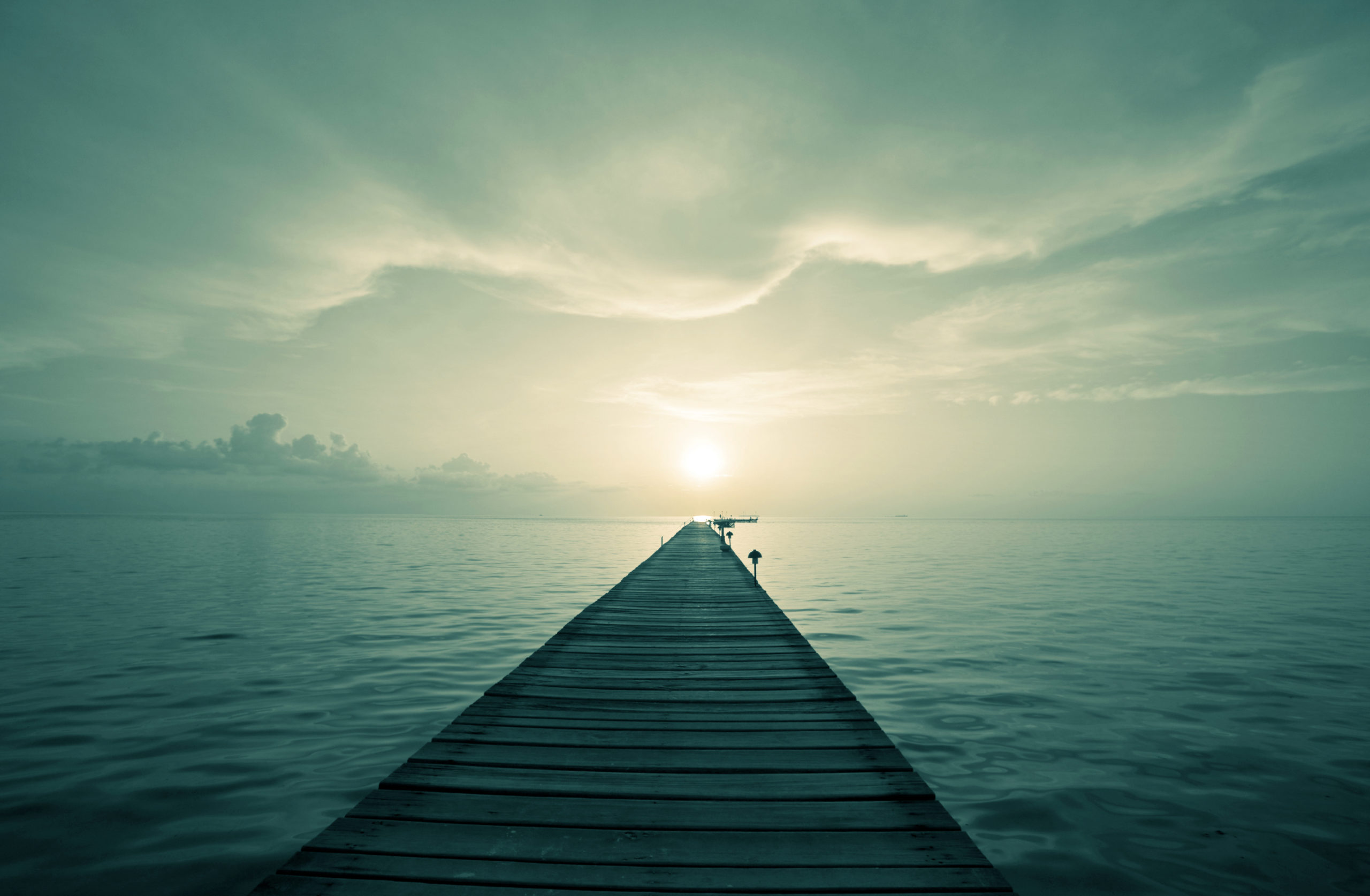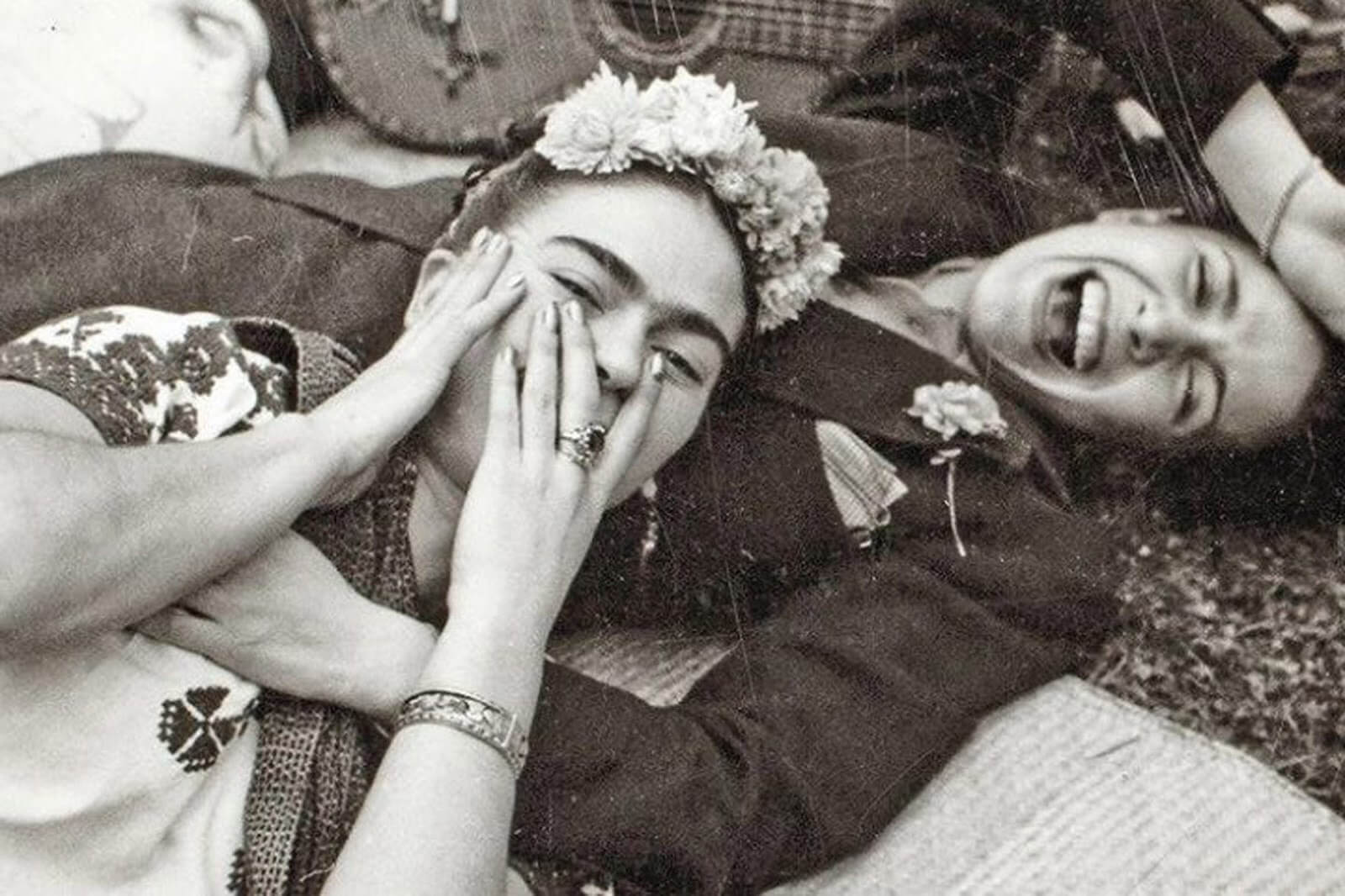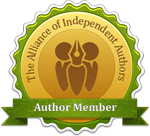
“In order to flower, self-compassion depends on honest, direct contact with our own vulnerability. Compassion fully blossoms when we actively offer care to ourselves,” wrote Tara Brach, psychologist, meditation teacher, speaker and author of True Refuge: Finding Peace & Freedom in Your Own Awakened Heart.
Reading these words, an uncomfortable chord struck, for despite my musings on such things as embracing your own vulnerability, using it as raw material for your art; taking the drama of our lives and translating that into our writing, and expressing ourselves authentically, creatively, compassionately, I had fallen short of my own standards, plummeted from my own principals, slipped from my own scruples, as it were.
That is, I haven’t been entirely authentic, well, not completely anyway, and haven’t taken care of myself through such a deep need, and thirst to write (and now, am about to make myself vulnerable, even more uncomfortably so, she said from the safety of these brackets).
Uniqueness & Belonging
We’re a complicated species. On the one hand we long to belong, to fit in, to find comfort in this, to embrace this, our community, and tribe — with writing and creativity as much as in life — and our place in this world. Equally we strive for our own uniqueness, our own personal blend of traits and talents, our own fusion of feelings, and failings too — and the deep love of expressing these — especially for creative souls.
“A deep sense of love and belonging is an irreducible need of all people,” says leading researcher and author, Dr. Brené Brown. We are biologically, cognitively, physically, and spiritually wired to love, to be loved, and to belong. When those needs are not met, we don’t function as we were meant to. We break. We fall apart. We numb. We ache. We hurt others. We get sick.”
It’s Not You, It’s Me
And yet, in this belonging, consciously or otherwise, the truth, radiant in its own brilliance was bound to bubble, fizzle, and pop… eventually. Because you cannot be authentic without embracing your own truth, your own core. Even if that core is thwarted, or rather, your expression is thwarted, though not through a dip in drive or lack of motivation or of inspiration, quite the opposite in fact.
Just as a protagonist is tested in their own story so too are we tested in ours. No matter the twists, and turns, bumps, and valleys or mountains they must climb in their story, it’s still that story that makes them who they are, their story that shapes them, breaks them, and sometimes even puts them back together again. Just as it’s your story, even if like mine, that story has perhaps of late had an unexpected plot twist.
Puff Pastry
I wanted to pretend. To slip in unnoticed, or rather, undetected. There’s different rules for healthy people, a dance of a different beat — more time, less pain, and definitely less physio. Trying to play to this pace, to pace with this pace, with a condition as capricious as it is complex, as stupendously painful as it is extensive, led to losing the use of both hands and bed for near half a year, overwhelm, heartache, flares, and looking as flaky as puff pastry. But I’m not puff pastry.
If I were any kind of pastry, I’d be the kind that twists itself into strange shapes to get the work done, filo and filled with substance, even if it means hanging about in the creative oven a little too long—but enough about pastry. CRPS sits at the pinnacle of medical science’s pain scales, even the air is painful. When it flares up, it’s indescribable.
In hiding it, or rather the true severity of it, and this most recent, grandest setback too — I realised I was not only being inauthentic but ironically creating a distance between the very thing I loved the most—writing, and the very souls who I write for—you. In a quest to create more, write more, offer more — here and on my pain support site — I’d given myself the least care of all. This lead to a flare, then another, then the most fervent setback in years, and then, well, a distinct lack of Jo.
Making Sense of Chaos

Sometimes writing is the only way to unbridle ourselves from the messy, confusing, and complex experiences that make up our lives. Its finest gift in its means and medium to make sense of the chaos, the uncertainties, the truths and catastrophes too. To articulate, our deepest thoughts, translate our feelings into words on the page, and a way to make sense of them.
Just as Mexican artist Frida Kahlo expressed the unspeakable, painted her reality — that of the same cruel condition thwarting me now — and lived through her art, so too does my pen facilitate both healing and escapism from the uninterrupted pain, from missing life in all its magic, and though there is still magic, everything feels utterly displaced, empty even, unless I’m writing. Like so many writers, it’s not a choice but both the deepest love, and intrinsic need.
Failure & Recognising Shame
Despite failure being such a grand, and essential part of creating anything, of life, of evolving, and growing as a person, it can still create feelings of shame. Thomas Edison famously tried — and failed — a thousand times before he succeeded in having what was quite the literally the ultimate lightbulb moment.
“Shame works like the zoom lens on a camera. When we are feeling shame, the camera is zoomed in tight and all we see is our flawed selves, alone and struggling,” says Brené Brown. “Shame derives its power from being unspeakable.” As with any setback or failure in life, creatively, in work, relationships, or with our health, it’s the ideal breeding ground for slipping into these feelings of unworthiness.
Even when circumstances are so beyond control, it’s hard not to experience feelings of failure, and shame, much like this recent setback has lead to my own feelings of shame, alongside that of guilt at letting others down, even with the awareness that it was never through a failure of drive or desire but disability and a disease that has few qualms in hampering all in an instant.
Though I feel sillier still as despite this, despite knowing so much about pain, and helping others with chronic pain and illness; despite knowing so much about CRPS, about how capricious and vicious she can be, especially if denied or not given enough attention, it was through writing too much, loving writing too much, and writing beyond the pain every day, scratch that, every moment I could, that it came back, and bit me.
Unexpected Plot Twist
With a creative appetite as vast and weighty as Mr Creosote, I did too much, NaNoWriMo with Becoming Writer, alongside a cornucopia of creative endeavours, with equally vast plans to launch a whole new, exciting portal within this portal (delayed but not diminished plans), together with the pain support site (aware there’s some irony in there somewhere).
The CRPS was not impressed. In the flurry of overdoing things, the payback vicious, leaving me quite unable to use a single hand nor digit, flaring for near half a year, and to such a degree that in all 17 years, it has never been so systemic, symptomatic nor severe. Before there was always one limb, even though intermittent, one limb that might pick up the slack, let me write, still express, express, express.
Instead this setback has given my limbs to Pele herself, for now at least. So must sit with the shift, relearn all again, try and, keep trying, no matter how altered the means or the method because when you live for writing, when you live through writing, breathe through writing, to paraphrase Anais Nin, you don’t know how to live without writing. Equally, if your love of writing and making art is so ingrained and intrinsic to your being, nothing will stop you. Nothing at all.
“Writing is the only thing that when I do it, I don’t feel I should be doing something else,” said Gloria Steinem, which is true, and beautifully so, save resting, pacing, and stopping writing. I’ve never been too good at following doctor’s orders if they advise rest. When told do stop my daily regimen of weights at the condition’s start, I didn’t. When told to reduce yoga practice, I yoga-ed on anyway.
When the doctor said it was foolish to backpack solo again with that level of disability and pain, I flew to India without even stopping for chai (though the CRPS was in one limb, not systemic, besides, I wanted to live). Worst of all, despite advocating the immense importance of pacing every. Single. Thing. to avoid the exact flare-crash-setback combo I’m barely being liberated from, and slowly at that, I wrote on, baby. I’m just not a good lie there and do nothing patient… I need words, literature, to “do a line of Shakespeare”, as Ali Smith once said.
Holding Ourselves with Kindness
Then Tara’s words that struck even deeper chords, even more resonating tones that lingered long after reading them. “The intimacy that arises in listening and speaking truth is only possible if we can open to the vulnerability of our own hearts. Breathing in, contacting the life that is right here, is our first step. Once we have held ourselves with kindness, we can touch others in a vital and healing way,” says Tara Brach.
“Radical Acceptance is the willingness to experience ourselves and our lives as it is. What would it be like if I could accept life—accept this moment—exactly as it is? Awakening self-compassion is often the greatest challenge people face on the spiritual path. But this revolutionary act of treating ourselves tenderly can begin to undo the aversive messages of a lifetime.”
Breaking the Trance of Self-Judgement
Humans are like that. We can be the kindest, most empathetic people in the world but to ourselves, irrational, critical, and lacking in the compassion we give to others. “Some of us are at war with ourselves for decades, never realizing how our self-judgment and self-aversion keep us from finding genuine intimacy with others or enjoying our lives. One palliative caregiver reports that a key regret of the dying is not having been true to themselves,” says Tara Brach.
“Rather than listening to and trusting our inner life, most of us try to live according to the expectations of others, which we internalise. When we inevitably fall short of the mark, we condemn ourselves. Though it may sound depressing or overwhelming, learning to recognise that we are at war with ourselves is quite empowering.
“Like awakening from a dream, the first step out of the trance of unworthiness is simply to recognise that we are stuck, subject to painfully constricting beliefs, emotions, and physical sensations. Common signs of the trance include a critical inner voice, feelings of shame or fear, the squeeze of anxiety or the weight of depression in the body.”
Be Kind, for everyone you meet is fighting a hard battle
Just as everyone has their own battles to face, alongside the challenges so inherent in the human experience, so too is the kindness necessary to always have this awareness, to be kind to ourselves in these times too, as compassionately articulated by writer and theologian, Ian Maclaren when he said, “Be kind, for everyone you meet is fighting a hard battle.”
It’s often misattributed to Plato, his student Socrates too, who both already said some very clever things, so returning its favour to the Scot. “It’s not that we all have the same share of joys and sorrows but we do share the reality that life is constantly changing, nothing static, nothing fixed,” says Buddhist teacher and author, Sharon Saltzberg.
Finding Strength in the Courage
I guess I’ve always made a far finer nurse than patient, and don’t want to bring my own battles to this pain-free space but when those battles make it appear as if I don’t care, aren’t filled with joy each time someone shares or enjoys my offerings, or have no reason other than sheer physical impossibility for not being on social media, writing nor responding as swift or as often as I’d like (think they call that disability), then feel I must explain — just this once — as care, and care deeply.
“There was no need to be ashamed of tears, for tears bore witness that a man had the greatest of courage, the courage to suffer,” wrote Viktor Frankl, in his book, Man’s Search for Meaning, which though far from easy reading shows and teaches the immense strength of the human spirit, including having the courage to express your own vulnerability, humanity, struggles, and fears, and to not be ashamed of it because that too takes courage, and may even resonate with another who then finds their own innate courage.
So here I am fusing that blend of vulnerability, humanity, struggle, courage, and fear, and turning it into something heartfelt, something joyful to come from perhaps the most difficult winter and spring of all, some silver linings around what have until very recently, been such dark and weighty clouds.
Should you wish to — as cheeky side note — support much-needed research for this rare and complex though little-known condition click this handy little link (patients world over will love you forever, heck, I will love you forever).
And now, it’s back to you dear reader. It’s quite a grand offering for it turned out I had quite a bit to say on Finding Calm in the Chaos and Stillness in the Storm when things go wrong. I hope you enjoy. ♥





[…] echoing my own thoughts of late, having found myself on quite the medical whirlwind (more on that here). Part of being human is in accepting that sometimes we fall and fail, break down, and […]